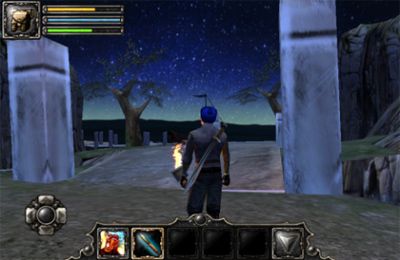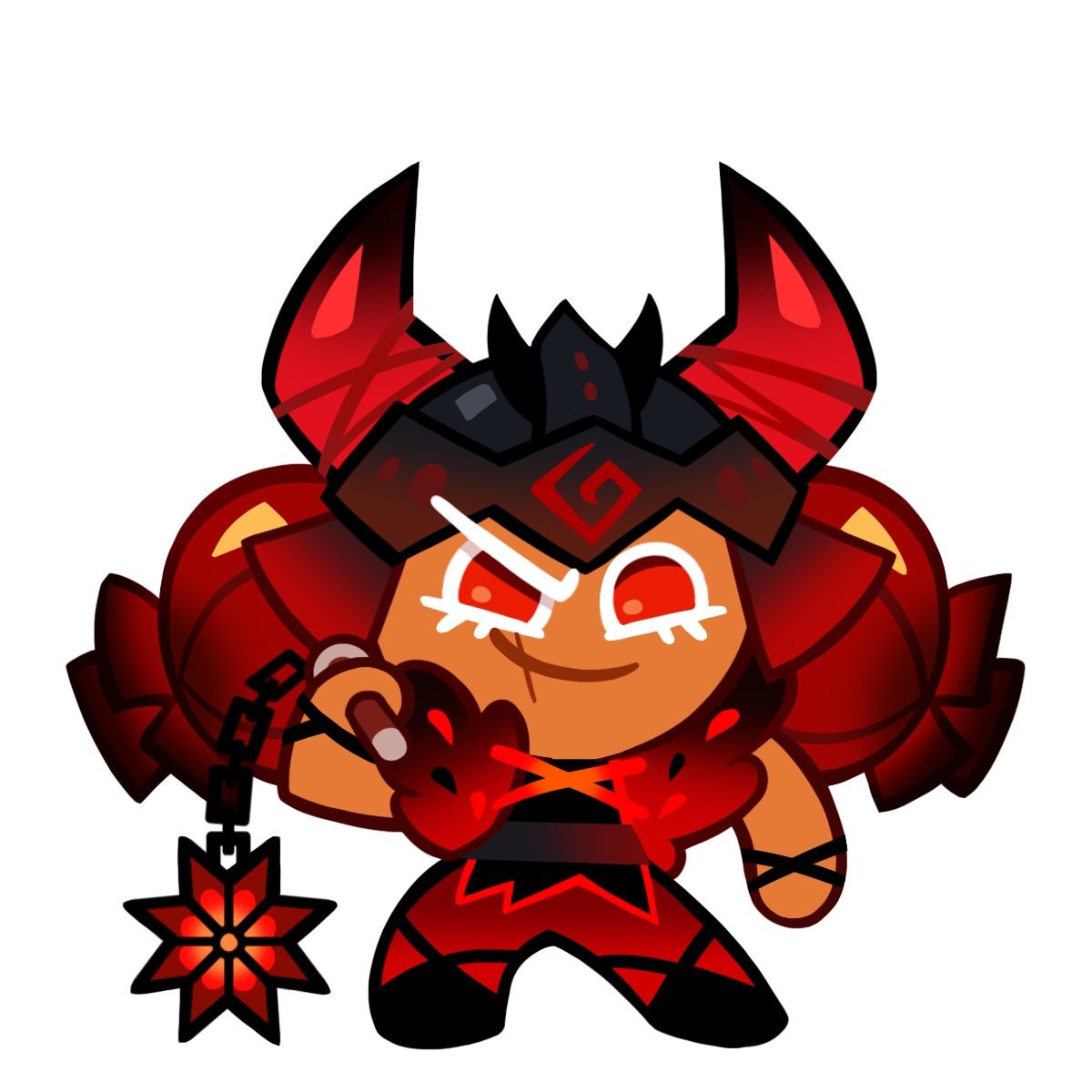

HERO OF THE KINGDOM 3 LOCKPICK SKILL SERIES
Fraser Brown of the Destructoid blog considers the games: "one of the greatest adventure series of all time". The website Polygon and the Kotaku blog have characterised the game as a precursor to modern day RPGs. The games are notable for blending the mechanics of adventure video games and roleplaying video games, their unique tone which combines pathos and humour, and the game systems which were ahead of their time, such as day-night cycles, non-playable characters which adhered to their own schedules within the games, and character improvement through both skill practice and point investiture. Many CRPG enthusiasts consider the Quest for Glory series to be among the best in the genre, and the series is lauded for its non-linearity. In addition to deviating from the player's expectations of the culture represented in each game, the series also includes a number of intentional anachronisms, such as the pizza-loving mad scientists in the later games. Characters from every game and genre in the series reappear in the fourth and fifth games. The second game, which uses Middle Eastern folklore, introduces several Arab and African-themed characters who reappear in the third game based on Egyptian mythology.

Įach game varies somewhat from the tradition it is derived from for example, Baba Yaga, a character borrowed from Slavic folklore, appears in the first game which is based on German mythology. Brain, in the fourth game.Įach game draws its inspiration from a different culture and mythology: (in order, Germanic/ fairy tale Middle Eastern/ Arabian Nights Egyptian/ African Slavic folklore and finally Greco-Mediterranean) with the hero facing increasingly powerful opponents with help from characters who become more familiar from game to game. Cranium, an allusion to The Castle of Dr.

If the skill is too low, the player could insert the lock pick too far, killing himself. For example, if a player types "pick nose" in the first game, (or clicks the lockpick icon on the player in the new version), if their lock-picking skill is high enough, the game responds: "Success! You now have an open nose". The games include a number of Easter eggs, including a number of allusions to other Sierra games.

For example, each installment in the series requires the player to create a dispel potion. Cheap word play is particularly frequent, to the point that the second game's ending refers to itself as the hero's "latest set of adventures and miserable puns." There are real dangers to face, and true heroic feats to perform, but silly details and overtones creep in (when the drama of adventuring does not force them out). Hybrids by their gameplay and themes, the games feature serious stories leavened with humor throughout. This allowed players to import their individual character, including the skills and wealth they had acquired, from one game to the next. The game also was revolutionary in its character import system. The objective of the series is to transform the player character from an average adventurer to a hero by completing non-linear quests. New games frequently referred to previous entries in the series, often in the form of cameos by recurring characters. The series consisted of five games, each of which followed directly upon the events of the last. Lori Cole pitched Quest for Glory to Sierra as a "rich, narrative-driven, role-playing experience".
HERO OF THE KINGDOM 3 LOCKPICK SKILL MAC
MS-DOS, Amiga, Atari ST, Classic Mac OS, NEC PC-9801, Windows Adventure/ role-playing ( I– IV) and action/RPG ( V)


 0 kommentar(er)
0 kommentar(er)
